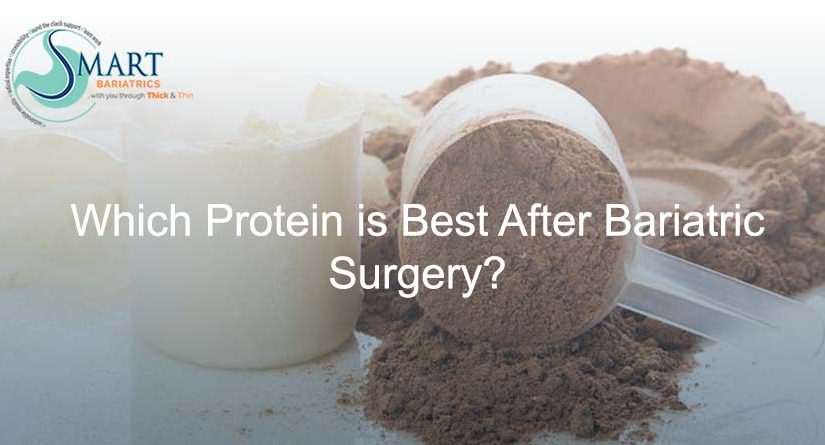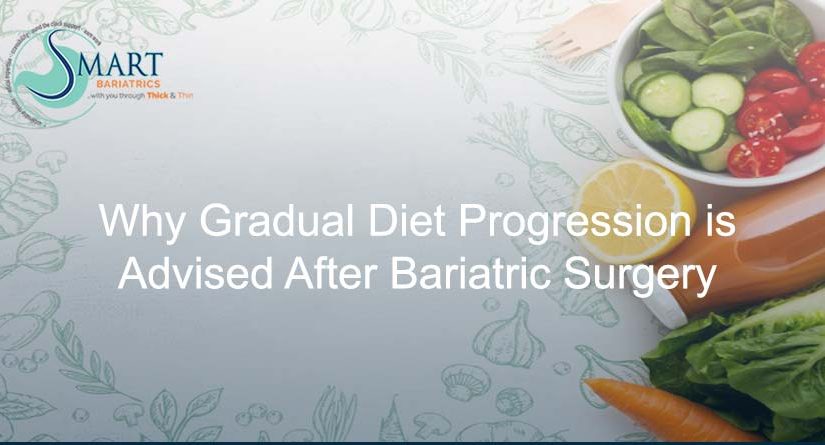Why Protein is Vital After Bariatric Surgery: Essential Nutrients for Recovery and Health
Why Protein is Vital After Bariatric Surgery
When I counsel my patients that after surgery protein is the most important nutrient for them and they must include it and try to eat it first in every meal, they ask me why protein is so vital after bariatric surgery and are some proteins better than others? So here are my answers to these!!
Increased Protein Demand Post-Surgery
Surgery reduces meal portion size, though at the same time increases the demand for protein:
- For healing,
- To support rapid weight loss,
- For good glycaemic control, and
- to prevent lean body mass.
The Role of Protein in the Body
Protein is a macro-nutrient required by the human body for growth and maintenance. Besides water, proteins are the most abundant molecules in the body. Protein is found in all cells of the body and is the major structural component of all tissues, especially muscles. When fragmented into amino acids, are used as precursors to nucleic acid, co-enzymes, hormones, immune response, cellular repair, and other molecules vital for life. Additionally, protein is needed to form blood cells. Protein is a building block required for your muscles, immune system, and internal organs to function properly. Protein also helps you stay full for longer and is available in various forms such as whey protein concentrates and isolates, soy protein, pea protein, peanut protein, etc. The choices are endless, but which one is best is important to know and understand before buying your protein supplements.
Understanding Protein Quality
The most significant characteristic of protein from a nutritional viewpoint is its amino acid composition. There are numerous methods that rate proteins by their usefulness to an organism based on their relative percentage of amino acids and, in some systems, the digestibility of the protein source. These include Biological Value (BV), Net Protein Utilization, and PDCAAS (Protein Digestibility Corrected Amino Acids Score). The FDA as an improvement developed the PDCAAS over the Protein efficiency ratio (PER) method. The PDCAAS was adopted by the US Food and Drug Administration (FDA) and the Food and Agricultural Organization of the United Nations/World Health Organization (FAO/WHO) in 1993 as “the preferred best” method to determine protein quality. A PDCAA score of 1.0 indicates the best quality protein, so whenever you buy your protein supplement, just check on the nutritional label for the PDCAA score.
Whey Protein Isolate: The Best Choice Post-Surgery
The Whey protein isolate (WPI) is manufactured by separating components from milk. Whey is a by-product of the cheese-making procedure. Whey proteins can be processed to yield whey protein in three forms: whey isolate, whey concentrate, or whey hydrolysate. The difference between the whey protein forms is particularly related to the protein, carbohydrate, and fat content. Whey isolates contain the highest percentage of pure protein and are pure enough to be virtually lactose-free, carbohydrate-free, fat-free, and cholesterol-free. The PDCAA score of whey protein isolates is 1.0. Whey proteins are highly bioavailable, are very rapidly absorbed, and have a high concentration of branched-chain amino acids (BCAAs) which are needed for working muscles and stimulate protein synthesis.
Conclusion
Post weight loss surgery whey protein isolate is the best choice as a protein supplement, because patients have limited capacity to eat, and at the same time protein requirements are high. Bariatric surgery also alters digestion, which is why patients need a kind of protein that is readily digested and absorbed and a complete protein in terms of amino acids made up, especially essential amino acids. Animal sources such as eggs, chicken, and seafood are also good choices for eggetarians and non-vegetarians, plant-based proteins are not as high quality and would require long-term supplementation to attain comparable benefits.
Hence, Protein choices should be tactical and emphasis should be on the highest quality protein based on amino acid composition and digestibility.
For more queries regarding protein intake post-surgery, talk with the best bariatric surgeon in Delhi at Smart Cliniqs.







